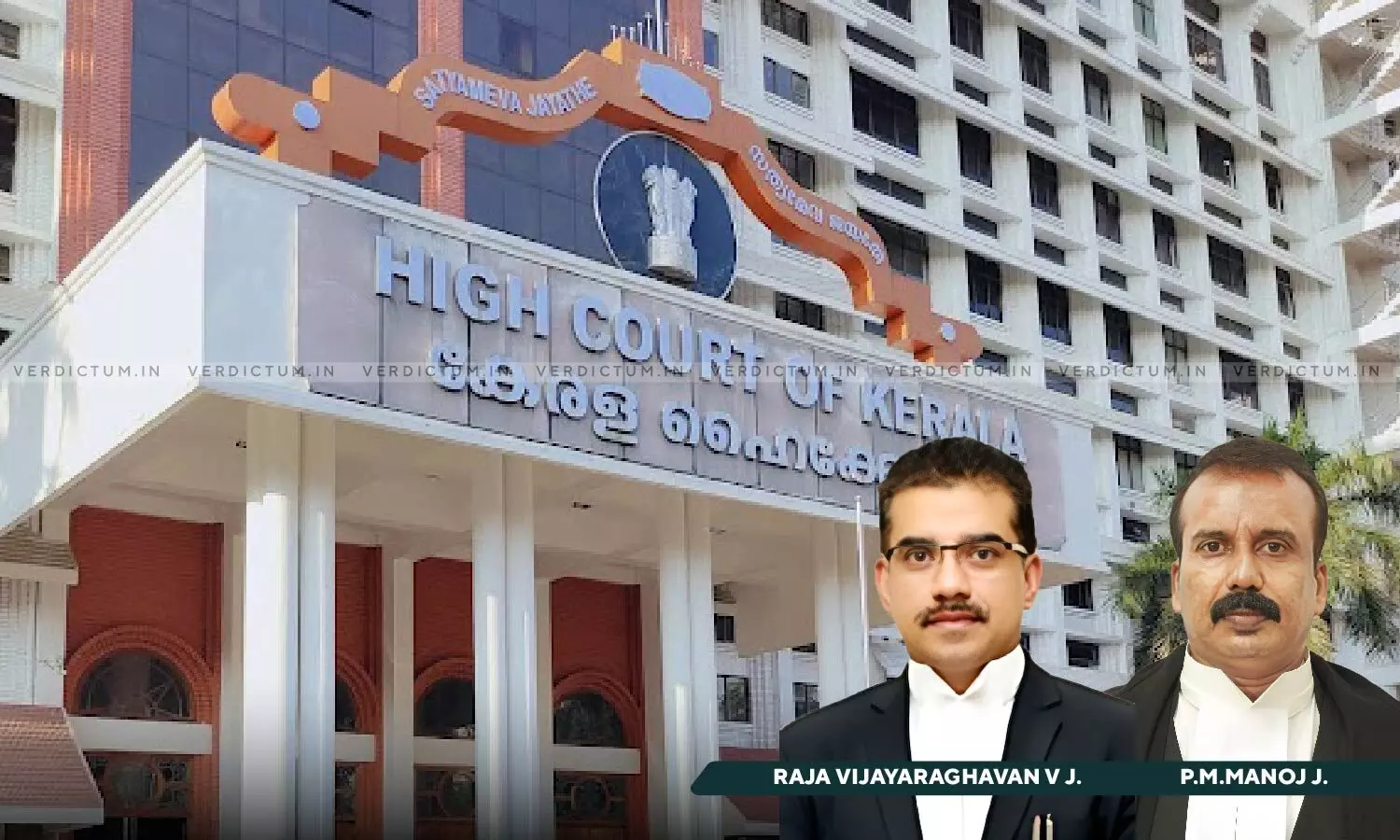
Parental Concern Cannot Be Allowed To Override Adult’s Right To Choose Spouse: Kerala High Court Allows Habeas Corpus Plea Relating To Interfaith Couple
 |
|The Kerala High Court observed that parental love or concern cannot be allowed to fluster the right of choice of an adult in choosing a spouse.
The Court was hearing a criminal Writ Petition where a major girl was detained against her will by her father.
The bench of Justice Raja Vijayaraghavan V and Justice P.M Manoj observed, “We are of the view that parental love or concern cannot be allowed to fluster the right of choice of an adult in choosing a man to whom she gets married.”
Brief Facts-
The petitioner, a Civil Engineering graduate pursuing a Masters in Transportation Systems at the Technical University of Munich and working part-time as a Research Assistant, claims to be in an intimate relationship with Ms. X, a postgraduate employed as a Project Engineer at NATPAC, Thiruvananthapuram. He alleges that Ms. X is being detained against her will by the 3rd respondent, her father, due to their different religions. Hence, the present Writ Petition.
The Court interacted with Ms. X, 3rd respondent as well as the petitioner in person. Ms X told the Court that she is well-employed at NATPAC, Thiruvananthapuram, is about 27 years old and wishes to go with the petitioner.
The Court mentioned the decision of the Supreme Court in Shafin Jahan v. Asokan K.M., (2018) 16 SCC 368 where according to the Court the SC held that the pivotal purpose of a Writ of Habeas Corpus is to see that no one is deprived of his/her liberty without the sanction of law.
The Court noted in the judgment, “It is the primary duty of the State to see that the said right is not sullied in any manner whatsoever and its sanctity is not affected by any kind of subterfuge. The role of the Court is to see that the detenu is produced before it, find out about his/her independent choice, and see to it that the person is released from illegal restraint. What is seminal is to remember that the song of liberty is sung with sincerity and the choice of an individual is appositely respected and conferred its esteemed status as the Constitution guarantees. It is so as the expression of choice is a fundamental right under Articles 19 and 21 of the Constitution, provided the said choice does not transgress any valid legal framework. Once that aspect is clear, the inquiry and determination have to come to an end.”
The Court also mentioned the decision of the Supreme Court in Anuj Garg and Others v. Hotel Association of India and others, [2008 (3) SCC 1] and quoted, “…It is their life; subject to constitutional, statutory, and social interdicts—a citizen of India should be allowed to live her life on her own terms.”
Accordingly, the Court allowed the Writ Petition.
Cause Title: Althaf J Muhammed v. The District Police (Neutral Citation: 2024:KER:37105)
Appearance:
Appellant: Adv. Nobel Raju, Adv. C.R. Jayakumar and Adv. Aleena Jose
Respondent: Adv. T. Sanjay, Adv. Snail Kumar G. and GP P M Shameer